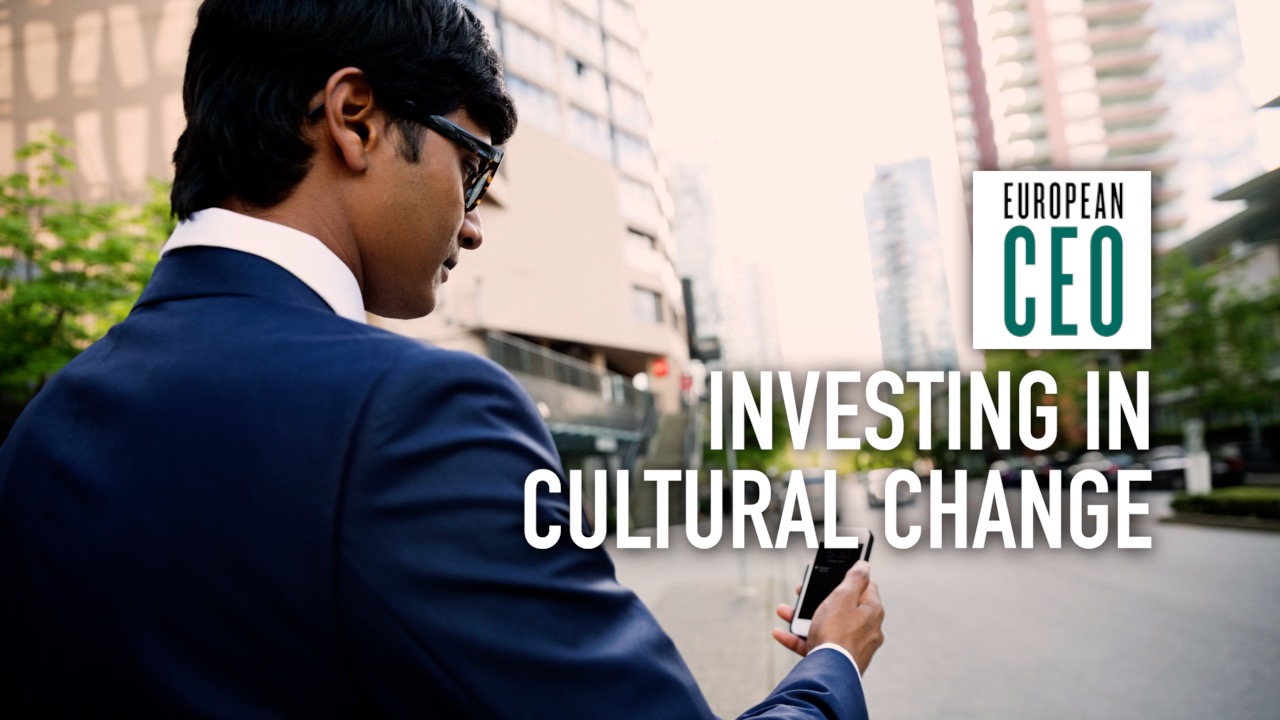How is crowdfunding disrupting the venture capital industry?
Equity crowdfunding will grow – but into more niche platforms, says Rosemont Group's Freddie Achom
Transcript
In 2016, businesses raised more money from crowdfunding than from venture capital, according to the World Bank. But the vast majority of crowdfunding cash is raised as debt, rather than equity. Is there a real future for equity crowdfunding? And how much is it disrupting more traditional funding models? Freddie Achom, founder and CEO of Rosemont Group, answers our questions. In the rest of our interview with Freddie Achom he talks about venture capital’s performance in 2017 so far; and how Rosemont Group itself is innovating in the private equity industry.
European CEO: I’m with Freddie Achom, founder and CEO of Rosemont Group, and we’re discussing the latest trends in venture capital and private equity.
How much is crowdfunding disrupting more traditional funding models?
Freddie Achom: It’s disrupted the investment model. If you look at it purely from a fee basis for instance, you’ve got private equity businesses still charging two to three percent to manage investments. Twenty percent carry in terms of profits. And all these are sort of, slightly archaic, as the crowdfunding model completely bypasses that. It allows you to direct invest, bypassing those fees. It also allows you to drill down further in the data that you’re receiving from the campaigners.
So, really crowdfunding for most investors allows them a whole new pool of enterprises and entrepreneurs that ordinarily would have been restricted to the more corporate VCs.
European CEO: Do people approach crowdfunding with a different risk profile to more traditional VC investments?
Freddie Achom: Yes, certainly. VCs really tick a lot of boxes before going into investments, whereas I don’t think they do that so much with crowdfunding. It’s almost the romance of investing in a business that’s in technology, or within a particular sector that you find somewhat enticing.
You know, quite often we sit at tables now and before it was about bragging about your knowledge of classic cars or wine or art. And today it’s, ‘Oh, I’ve invested in a particular tech company,’ that they believe is going to be the next Google, the next Facebook, and everybody discusses that for 20 minutes. And it’s, you know: it’s bragging rights, basically.
European CEO: Crowdfunding investments are doubling every year, but the vast majority is in debt; so what future do you see for equity crowdfunding?
Freddie Achom: Equity crowdfunding, I think that’s going to grow. It’s just going to become a more niche platform for investors. You’re going to find investors being able to use their life experiences, professional experiences, in order to select their investments a bit more carefully. I think you’re going to find they’ll be broken up into sectors. For instance gaming, educational, music, sports, fashion, not-for-profit. So for us, crowdfunding – even though it’s not fully evolved – I think in the coming years will evolve to an investment vehicle or investment model that will be here to stay.
The World Bank has predicted $93bn in terms of crowdfunding by 2050, or so? And last year was the first year crowdfunding has surpassed VC funding. So that in itself is a serious indicator of things to come.
European CEO: How does it have to evolve to become a more mature marketplace? What does Crowdfunding 3.0, 4.0 look like?
Freddie Achom: I think it will be niche. More niche. Right now crowdfunding is a pool of businesses, but I think you’ll find investors will delve into more businesses that they’re aware of. Platforms are being created as we speak, specifically for certain sectors. So your investor is more knowledgeable in terms of where they’re putting their money into, and whether or not the ideas are plausible and innovative. And also whether or not the investor will see good returns on their money, which is the main thing, really.
European CEO: Freddie, thank you very much.
Freddie Achom: Thank you very much, Paul.


 Rosemont Group ‘looks towards businesses that change culture’
Rosemont Group ‘looks towards businesses that change culture’